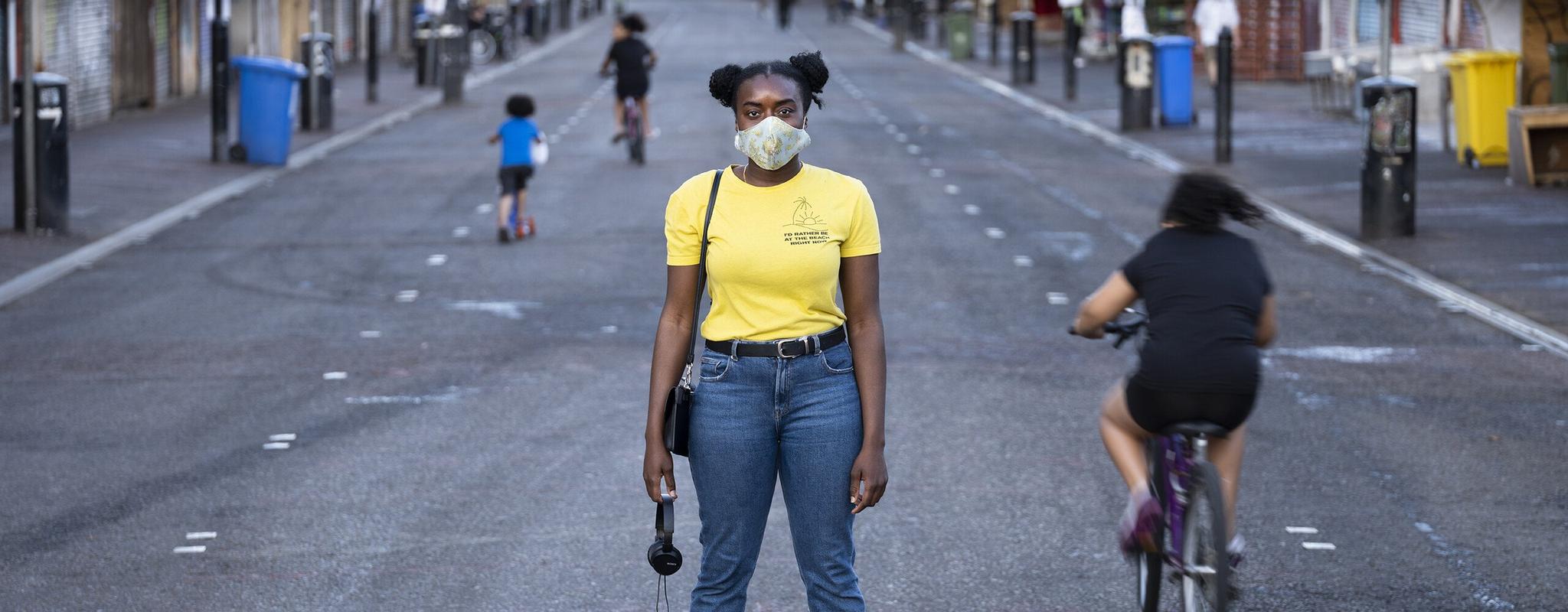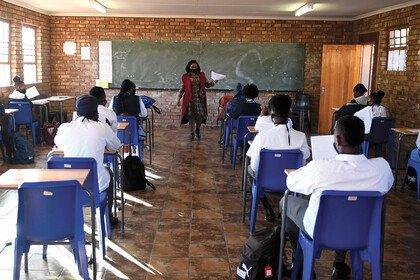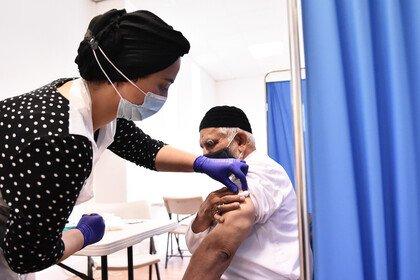Wellcome Global Monitor 2020: Covid-19
How Covid-19 affected people’s lives and their views about science.
The Wellcome Global Monitor: Covid-19, the largest study of its kind, explores how the pandemic has affected the lives of people around the world and influenced their perceptions of science, healthcare systems and governments.
What's inside
-
findings about global experiences of the Covid-19 crisis, views on government responses to prevent and cure diseases and the role of science, based on a survey of more than 119,000 people in 113 countries.
Who this is for
- policy makers
- researchers
- funders
- science communicators
- public engagement practitioners
- anyone interested in the impact of Covid-19.
Key findings
Covid-19 has put science in the public eye like never before. The Wellcome Global Monitor offers insight into how people think and feel about science and major health challenges worldwide.
Key findings include:
-
The impact of Covid-19 has been uneven around the world. The Wellcome Global Monitor found that the pandemic has had a disproportionate impact on low-income countries and people with low incomes across all countries.
-
People’s trust in science and scientists has increased. Globally, those who said they trust scientists ‘a lot’ rose from 34% in 2018 to 43% by the end of 2020. These increases were highest among those who indicated they know ‘some’ or ‘not much/nothing at all’ about science.
- People are not sure that their governments value scientific advice. World leaders need to listen and show that they share public confidence in the role of science in solving health challenges fairly for everyone.
Infographics
Click images to open gallery
Share on social media
You can use any of the resources on this page when talking about the Wellcome Global Monitor. If you're sharing on social media, please use the hashtag #WMonitor.
Read chapters online
Downloads
Contact us
Contact the team at W.GlobalMonitor@wellcome.org.


